I have a property A in all subclasses of base class Base.
How can I generate an abstract property definition of property A into base class Base?
I know ReSharper's refactoring Pull Members Up, but that moves the property to base class.
I need an abstract property in base class and a overriding properties in all sub classes. Is there a refactoring in Visual Studio or in ReSharper that can do it automatically for me?
